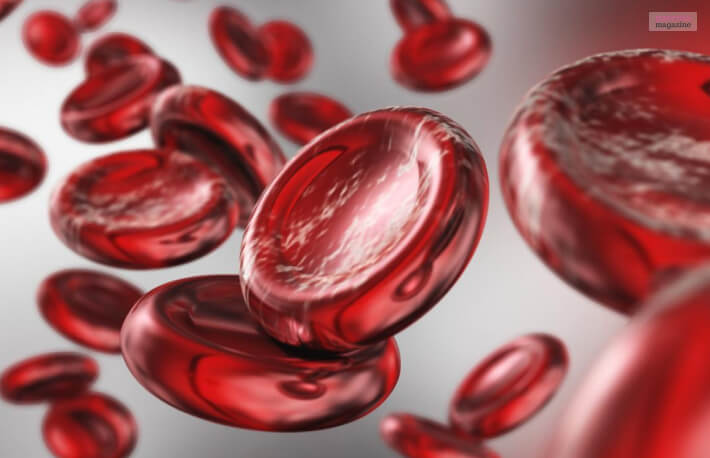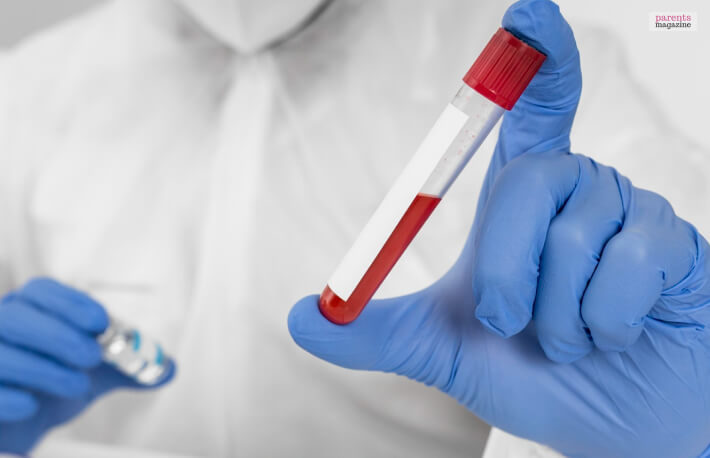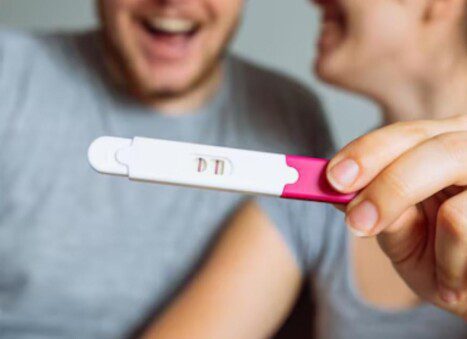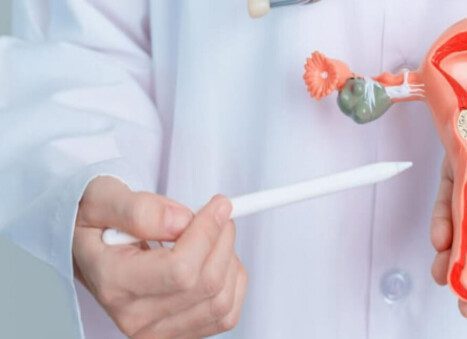
How To Increase Hemoglobin In Pregnancy? Learn How To Avoid The Risks
Pregnancy is a time when you go through every emotion that a human can ever face. There will be times when you will be excited after getting the first sonogram done or after feeling the first kick, and then get irritated because of the morning sickness or tensed because of the low hemoglobin levels.
This is a very common concern during pregnancy. That is maintaining the hemoglobin level. Women often go through a low level of hemoglobin during pregnancy. So, in this article, we are going to dig deep into how to increase hemoglobin in pregnancy.
But What Is Hemoglobin?

Hemoglobin is the protein that is found in RBC or red blood cells, which is basically responsible for the transportation of oxygen all through the body. It is important to keep hemoglobin at a healthy level during pregnancy to make sure that your baby gets an adequate amount of oxygen for growing.
Hemoglobin levels are often affected because of the diet the expecting mother is following, because of genetics as well as some medical conditions.
Causes Behind Low Hemoglobin Levels During Pregnancy

The time duration of a full-term pregnancy is not always smooth. It is sure exciting but comes with a lot of difficulties. The discrepancy in the hemoglobin level is sure one of those. But before finding the solution for it, you should always know the reason behind what is causing it.
- Increase in blood volume
- If the blood gets dilated because of a rise in plasma level
- Nutritional deficiencies
- Some kinds of infections and chronic diseases
- Some forms of genetic disorders
How To Increase Hemoglobin In Pregnancy?
During pregnancy, women should do regular hemoglobin tests to check their levels. The blood levels, as well as the iron levels, also increase. The following things could help boost the hemoglobin level in pregnant women. It is important to have a diet rich in iron and other important nutrients to maintain a healthy hemoglobin level.

Eating A Balanced Diet
A balanced diet filled with nutrition is very important during pregnancy for maintaining healthy hemoglobin levels. The diet should contain iron, vitamin C, and folic acid. Iron is an important mineral required for producing hemoglobin. You can have foods that are rich in iron, like poultry, red meat, tofu, fish, lentils, beans, and other cereals. Vitamin C helps in absorbing iron and can be found in kiwis, citrus fruits, bell peppers, and strawberries.
Taking Iron Supplements
Apart from having a balanced diet, it is important to take iron supplements to keep hemoglobin levels healthy. Iron supplements are easily available as over-the-counter drugs and should be taken with the proper guidance of a doctor and a prescription. Consuming excessive iron supplements can cause nausea, vomiting, and constipation, so make sure you consult a doctor before taking it.
It can be hard to take the supplements orally, due to the toxicity they may cause to the gastrointestinal system. In such cases, individuals might consider alternative methods like IV therapy at home in Hidden Hills, CA(or any other location), under the supervision of a healthcare professional. This method ensures direct delivery of iron into the bloodstream, bypassing the digestive system and potentially reducing side effects.
Avoiding Certain Food
There are certain foods that interfere with the absorption of iron and must not be taken during pregnancy. Food that is rich in fiber, calcium-rich foods, coffee, and tea are some of those foods that interfere with iron absorption.
Foods that are rich in calcium, like milk, yogurt, and cheese, also get in the process of absorption. Also, foods like nuts, seeds, and whole grains, which are high in fiber, should be avoided.
Getting Regular Exercise
Getting regular exercise is very important while you are pregnant. It is required for maintaining good hemoglobin levels. Regular exercise also helps in producing red blood cells and improves the circulation of blood. But, during pregnancy, it is important to consult a doctor before you start with any exercise regimen.
Getting Enough Rest
This is something which is needless to say. Adequate rest is absolutely essential during pregnancy pregnancy. If you are asked how to increase hemoglobin in pregnancy, getting proper rest would be one of the most obvious and important options.
Lack of sleep and fatigue ultimately decrease hemoglobin levels. So, it is important to get a minimum of 7-8 hours of sleep during the night and obviously regular breaks during the day.
Managing Other Medical Conditions
There are a few medical conditions, like anemia, that can cause a reduction in hemoglobin levels while a woman is pregnant. It is essential that you keep these conditions in check during pregnancy to maintain a healthy hemoglobin level. You might take the help of medication, can make some changes in your diet and some other interventions which your doctor has prescribed.
Risks Associated With Low Haemoglobin Levels

It is important to maintain a healthy hemoglobin level because otherwise, it poses some risks for the expecting mother and the baby.
- Premature birth – Women who have a low level of hemoglobin possess a higher risk of delivering prematurely. This happens because iron deficiency makes the development of the baby difficult and does not let it grow the way it should.
- Low birth weight – Anemia can lead to low birth weight and cause complications like infections, developmental delays, and respiratory distress.
- Preeclampsia – this is a condition that increases the blood pressure and damages organs like the kidneys and liver. This condition could be really dangerous for the baby and the mother.
- Postpartum hemorrhage – Not having the required hemoglobin level increases the risk of postpartum hemorrhage, which means excessive bleeding after the birth of the child. This condition could be life-threatening for the mother and might require blood infusion as well.
- Weakness and fatigue – it is nothing unknown that anemia causes weakness, shortness of breath, and fatigue. This might make it difficult for the expecting mother to carry out the daily chores and might even affect the quality of life.
Bottom Line
How to increase hemoglobin in pregnancy? I hope the above sections answer all your questions and let you know how important it is to maintain a healthy hemoglobin level during pregnancy. It is essential for the mother and the baby both.
With the help of a balanced diet, regular exercise, iron supplements, and adequate rest, you can manage the condition well. But it is important to consult a doctor before taking any step, and it is essential you follow the guidelines your doctor asks you to follow and rest we wish you all the very best on your new adventure and have a healthy pregnancy.
RECOMMENDED READING:
Already have an account?
Sign In
Create your account
User added successfully. Log in









